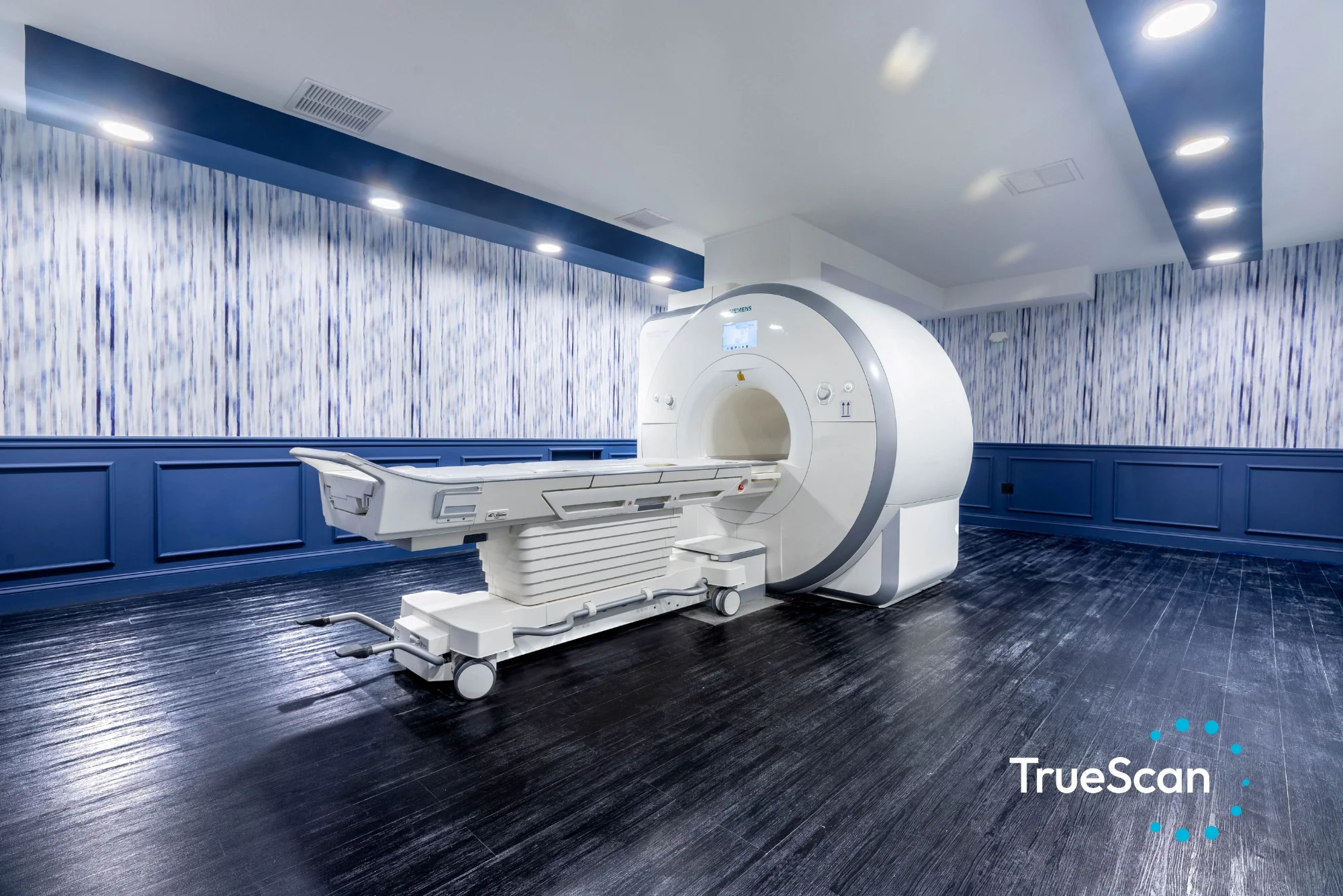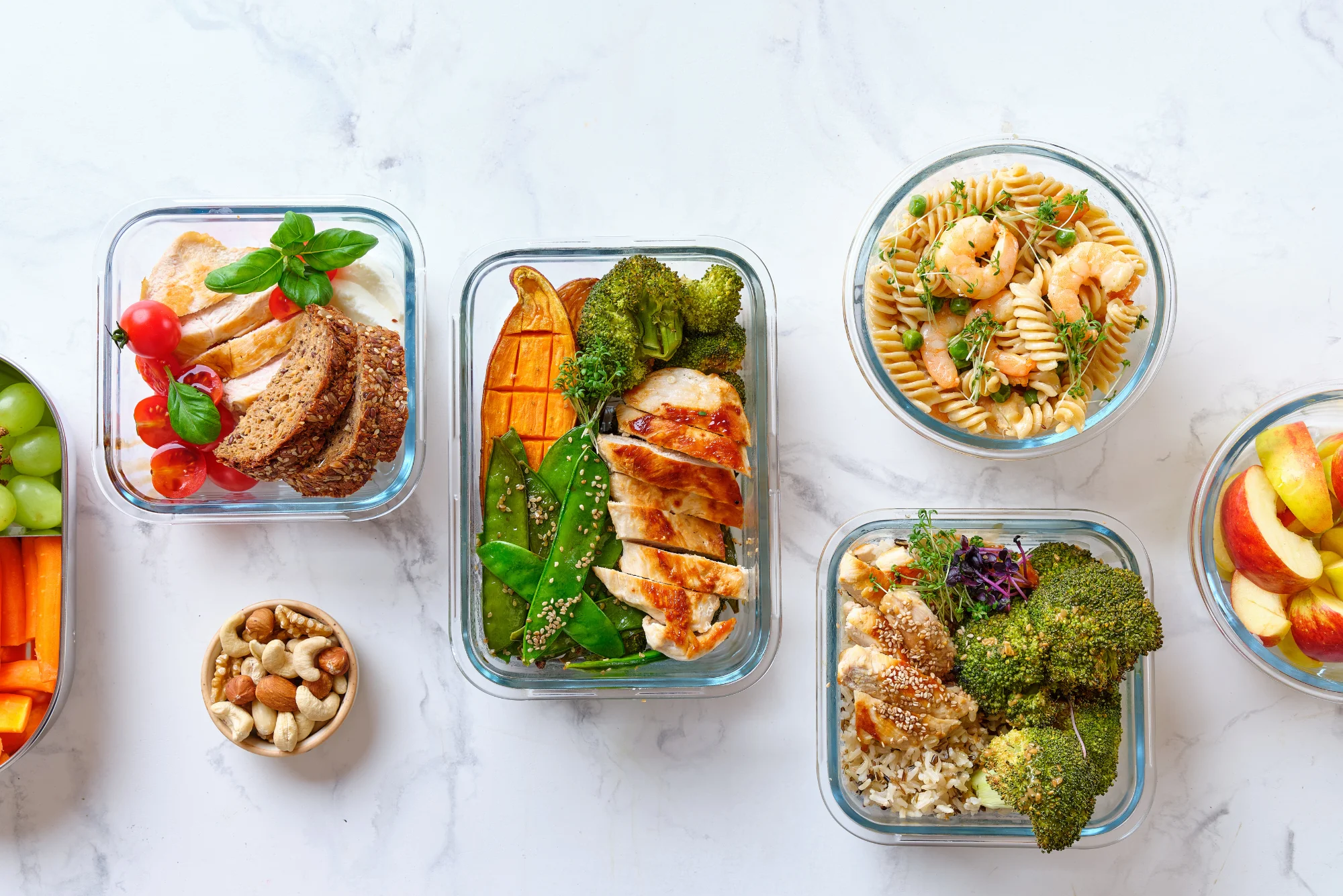
The medical miracles that hog the headlines are usually the flashy ones. The world’s first eye implant. Those breakthrough weight-loss medications. A death-defying survivor who beat the odds. These stories capture our attention because they’re novel and special and inspiring and, well, just make us say “wow.”
Something that typically lacks the “wow” factor: Colonoscopies.
Hear someone who ooh-and-ah about this medical procedure, and that someone probably has a whole lot of stock in chicken stock.
But maybe we should take a moment and suspend marveling at only the novelty of robotics or the one-in-a-million cases—and start appreciating one of the most astonishing diagnostics we have available.
“It may be the only screening test that is actually actively preventing a disease from forming. That’s pretty incredible,” says Radley Griffin, M.D., GCM Founder.
Colorectal cancer is one of the most common cancers in the United States—and it’s also one of the most preventable cancers. That’s because colonoscopies can detect pre-cancerous polyps, which can be removed during the procedure, thus preventing the polyp from morphing to cancer.
“This is one of the times when we can intervene and make a difference, rather than just say, ‘You have cancer,’” says Debbie St. Clair, M.D., GCM Medical Director. “It’s why all doctors advocate for colonoscopies.”
For the average person, the recommendation is to start screening for colorectal cancer at age 45, which is down from the previous recommendation of 50 due to an increase of cases. Those at high risk because of family history, certain medical conditions, or genetic markers may be advised to be screened earlier.
While screening comes in several forms, the gold standard is the colonoscopy. “It is the only screening tool across all cancers that can be screening and diagnostic,” Dr. St. Clair says. “If you find something—if you find a polyp—it can be removed and biopsied during the time of the colonoscopy.”
Here are some of the common questions our patients ask us about screening for colon cancer:
What about the other screening tools that are out there?
Guardant Health Shield is a blood test, while Cologuard uses a stool sample. Both work by detecting DNA or proteins associated with colon cancer. “The good thing is that if you did one of the tests and it came back negative, it’s got a very good percentage that there’s no issue,” Dr. St. Clair says. “The bad news is that if one of those come back positive, now you’ve got to get a colonoscopy, so you’re back to the original indication in the first place.”
People often choose the blood or stool tests because of time and scheduling issues. They can be options if you’re at low risk for colon cancer and have no history of polyps, Dr. St. Clair says. These tests—if negative—are good for three years, while a colonoscopy could be every 10 years if you have a normal one with no history of polyps or pre-cancerous lesions. GCM advocates for a colonoscopy after your first Cologuard or Guardant Health Shield (if you choose this route), limiting that kind of screening to just one time.
Ok, the prep. Is it as bad as all my friends seem to say it is?
While the experience can be different for everyone, the prep is generally considered the least pleasant part of the procedure, as it involves making sure your colon is clean so physicians can use a scope to get a clear, bowel-free look at your colon to find any problem areas or polyps.
Prep usually involves taking a laxative and drinking water to flush the system out. You will also find that the cleaner your diet is before your prep, the easier it may be on your system. So that means going with clear liquids on the day before your procedure and the hours leading up to your prep. Leading up to it, you may also want to limit meats and grains in the meals.
The prep, while potentially unpleasant because of hunger and increased T.O.T. (time on toilet), is essential for the procedure. A dirty colon means that physicians may not be able to make a thorough assessment, which can lead to a recommendation for a repeat procedure (or a shorter time until the next one) to ensure an accurate view and diagnosis of the colon.
“It’s less common to see a poor prep, but we definitely see that,” Dr. St. Clair says. If a report says “sub-optimal prep,” that means the screening wasn’t as complete as it could have been, and the recommendation may even be to repeat in a year or two (as opposed to possibly 5 or 10 years with a clean report with no risk factors). “It’s always better to do the prep and do it correctly the first time, so you can avoid needless procedures,” she says.
Because of high risk factors, Dr. Griffin has had several colonoscopies. The first one—done in his early 40s—felt fairly easy and straightforward to prepare for. The second one? His starvation level—on a scale of 1 to 10—was at 15. “I was hanging out at the soup bar at Whole Foods trying to find all the broth,” he says. “I was filling up these gallon containers with just broth. It was just insane.” In addition, he had trouble taking the oral laxatives because the taste felt stronger than he remembered. He has worked with physicians to find a prep that works well for him, and you can talk to your GCM physician and your gastroenterologist about ways to make prep more comfortable.
While there are variations to prepping that can help ease symptoms, you will want to follow your gastroenterologist’s recommendations. The main point: The prep may be uncomfortable, but the benefit outweighs the cost.
I’ve heard stories about perforated colons happening during the procedure. Is that common?
Bowel perforation happens about once in every 1,000 procedures, so colonoscopies do carry some risk. But when you consider that one in 20 get colon cancer, the statistics are in favor of getting screened. “All procedures have a risk of complications, but I think that helps put it in perspective,” Dr. St. Clair says.
Is there any way to make a colonoscopy a little easier on me?
At GCM, we can help ease some of the burden in a few ways. For example, we can:
- Help schedule it for you (you may be surprised that many people avoid the procedure simply because they don’t like trying to find a time that fits with their schedule).
- Help remind you when you’re due for your next one.
- Make recommendations on how you can make the laxatives taste better (Gatorade, for example, can help).
- Assist with any side symptoms like nausea that may occur during prep.
- Advise on nutrition, especially on a clear, yet fatty, broth—like a bone broth—which can help with hunger and ease the prep process.
- Talk to you about genetic risk through our access to New Amsterdam Genomics. “Through this, we’ve found several patients who have genetic mutations that put them at higher risk of colon cancer,” Dr. St. Clair says. That can help you make decisions about screening tools—as it’s tailored toward your individual risk factors.




